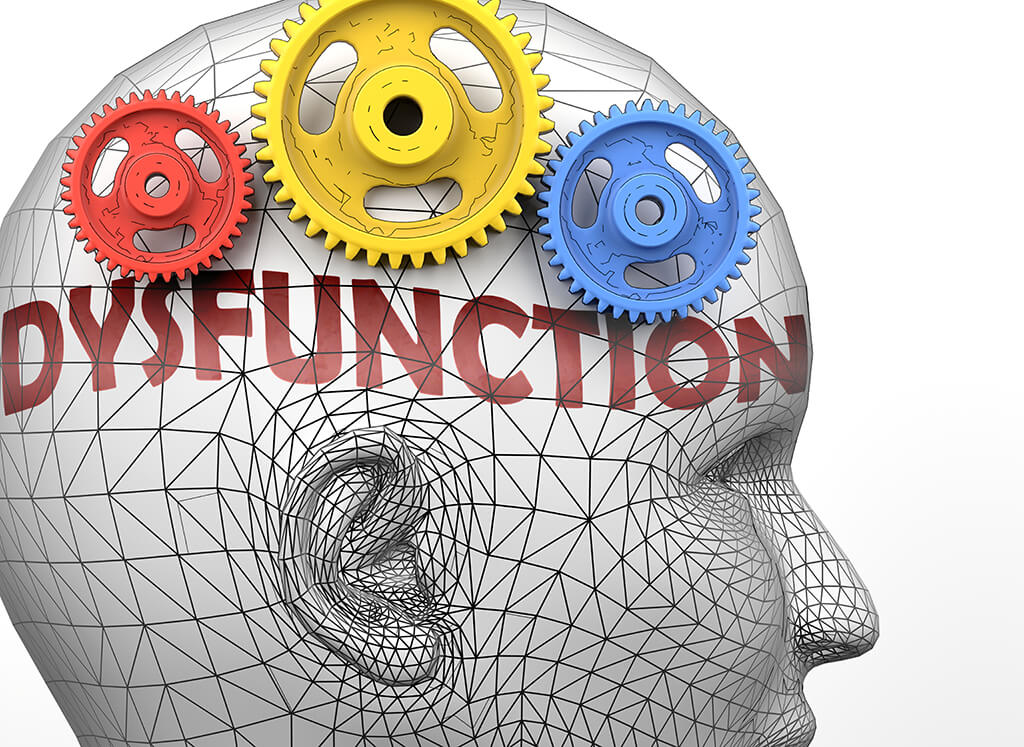Mitochondria are tiny organelles located in the cells of our bodies. They turn fats, glucose, and oxygen into an energy chemical called ATP, which helps ‘power’ our cells. Mitochondria carry out many other essential functions as well, including breaking down waste products and creating vital chemicals in our body. Cells in the brain and other organs require high energy levels and can have thousands of mitochondria in each cell. As we learn more about the critical work these cell organelles carry out, we’re also uncovering the connections between a range of mitochondrial metabolism disorders.
What is Mitochondrial Dysfunction?
Mitochondrial dysfunction is essentially a ‘power’ issue, where the mitochondria stop producing energy as efficiently as they should—leading to damaged cells and possibly organ failure. The organs most affected by mitochondrial disorders include the heart, brain, muscles, and kidneys, but the condition can affect almost any organ.
Mitochondrial Disease
Severe Mitochondrial Dysfunction may be an indicator of Mitochondrial Disease, a chronic form of the condition that is genetically inherited. There is no cure currently, but the disease can be managed through exercise, supplements, and diet modification.
What are the symptoms of Mitochondrial Dysfunction?
The disorder can present with a wide range of symptoms, depending on the part of the body that is affected. Some of these symptoms include:
- Developmental issues in children
- Speech difficulties
- ADHD, anxiety, OCD, depression
- Seizures
- Headaches
There is growing evidence that mitochondrial dysfunction could be an underlying factor in many other conditions such as Autism, Diabetes, Parkinson’s Disease, and Alzheimer’s Disease. Because Mitochondria play such a vital role in our cellular health, common conditions such as heart disease, cancer, and chronic fatigue could be related to a mitochondrial disorder.
What causes Mitochondrial Dysfunction?
In the case of Mitochondrial Disease, the condition is genetic, inherited, and relatively rare. Functional Mitochondrial Dysfunction is a much more common (and underdiagnosed) condition, which may be triggered by:
- A gene mutation
- Deficiencies in essential minerals and vitamins
- Exposure to chemicals, heavy metals, or pharmaceutical drugs
- Bacterial or viral infection
High stress levels can also trigger the condition. Mitochondria have existed long before humankind, first appearing in bacterial cells. For this reason, Mitochondria may be sensitive to anti-microbial medications such as antibiotics, which are commonly prescribed these days.
Natural Treatments for mitochondrial metabolism disorders
Any treatment program for mitochondrial metabolism disorders must begin with thorough lab testing to identify deficiencies and possible toxins in the body. There are many therapeutic supplements available that can help restore normal mitochondrial function and reduce the symptoms, including:
- Vitamins C, D and E, thiamine, riboflavin
- Magnesium, calcium, phosphate
- Membrane phospholipids, unsaturated fatty acids
- Creatine, pyruvate
- CoQ10, α-lipoic acid, NADH, nicotinic acid
- l-Carnitine, membrane phospholipids
- Curcumin, schisandrin
Good food for your Mitochondria
There’s a strong connection between our gut biome and the mitochondria in our cells. You can think of mitochondria as the digestive system for our cells, as it absorbs the nutrients delivered by the gut. So the quality of our food can significantly influence the mitochondria’s ability to function well. A cellular-friendly diet is a key strategy in my approach to treatment, as whole foods provide an excellent source of bioavailable nutrients.
Beneficial foods include:
Sardines (Vitamin B12)
Cashew nuts (Zinc)
Eggs (CoQ10)
Spinach (Magnesium)
Onions (Sulfur)
If you suspect you may have a Mitochondrial metabolic disorder or have been diagnosed with the condition and seek a more holistic approach to your treatment, contact my clinic to schedule a Caregiver Clarity Call. Together, we can get you on the path to a healthier life.



